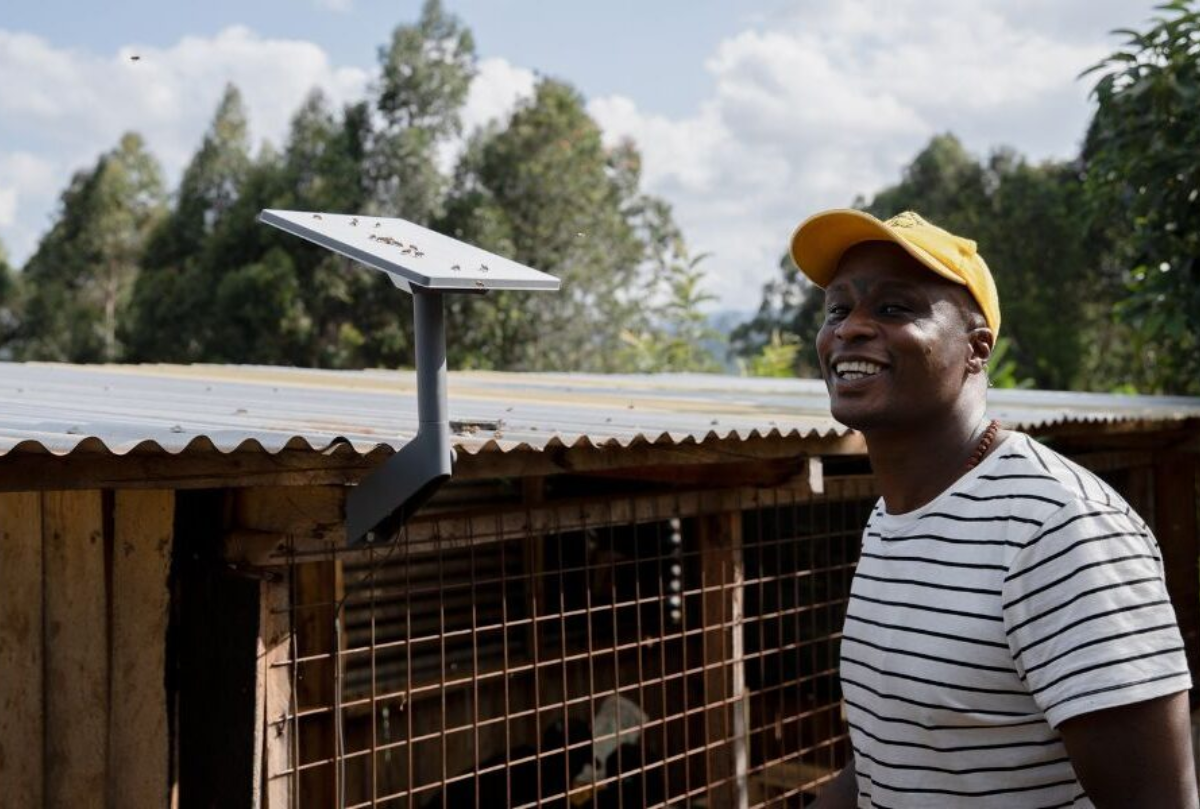Starlink Reopens Sign-Ups in Key African Cities After Months-Long Freeze
Users in parts of Kenya, Nigeria, Zambia, Ghana, and Zimbabwe have reported renewed access to the sign-up portal, suggesting that Starlink has lifted its pause on new residential orders in congested urban zones.

Starlink , SpaceX’s satellite internet service, appears to have resumed new customer subscriptions in several high-demand African cities, marking a quiet comeback after an over seven-month hiatus. Users in parts of Kenya, Nigeria, Zambia, Ghana, and Zimbabwe have reported renewed access to the sign-up portal, suggesting that Starlink has lifted its pause on new residential orders in congested urban zones.
New subscriptions are reportedly open in cities like Nairobi and its outskirts, Lusaka, Kano, Port Harcourt, Warri, Accra, and various regions in Zimbabwe—though Harare, Lagos, and Abuja still appear to face access restrictions.
Why the Pause?
In November 2024, Starlink suspended new user registrations in a number of African urban centers due to overwhelming demand and limited bandwidth. Areas affected included Nairobi, Kiambu, Machakos, Kajiado, and Murang’a in Kenya; Lusaka in Zambia; Abuja, Lagos, Kano, Port Harcourt, and Warri in Nigeria; and Accra in Ghana.
At the time, Starlink stated that the network had hit capacity, leaving no room to onboard new residential or roaming users. “Too many users are trying to access the Starlink service… and there isn’t enough bandwidth to support additional customers,” the company said in its notice.
What’s Changed?
While no official update has been issued, a check across various regions reveals that the “sold-out” message on Starlink’s website has been removed for previously restricted cities like Nairobi, Kano, Port Harcourt, Lusaka, and Warri, allowing new users to sign up again. However, Harare , Lagos , and Abuja remain under capacity lockdowns for now.
Still a Work in Progress
This reopening suggests that Starlink has made infrastructure upgrades to ease congestion and onboard new customers in some regions. But with certain urban hubs still restricted, it’s clear that bandwidth limitations remain a work in progress across parts of the continent.
The move signals that Starlink is slowly finding its rhythm in Africa’s high-demand internet landscape, where the appetite for reliable, high-speed connectivity continues to surge.






